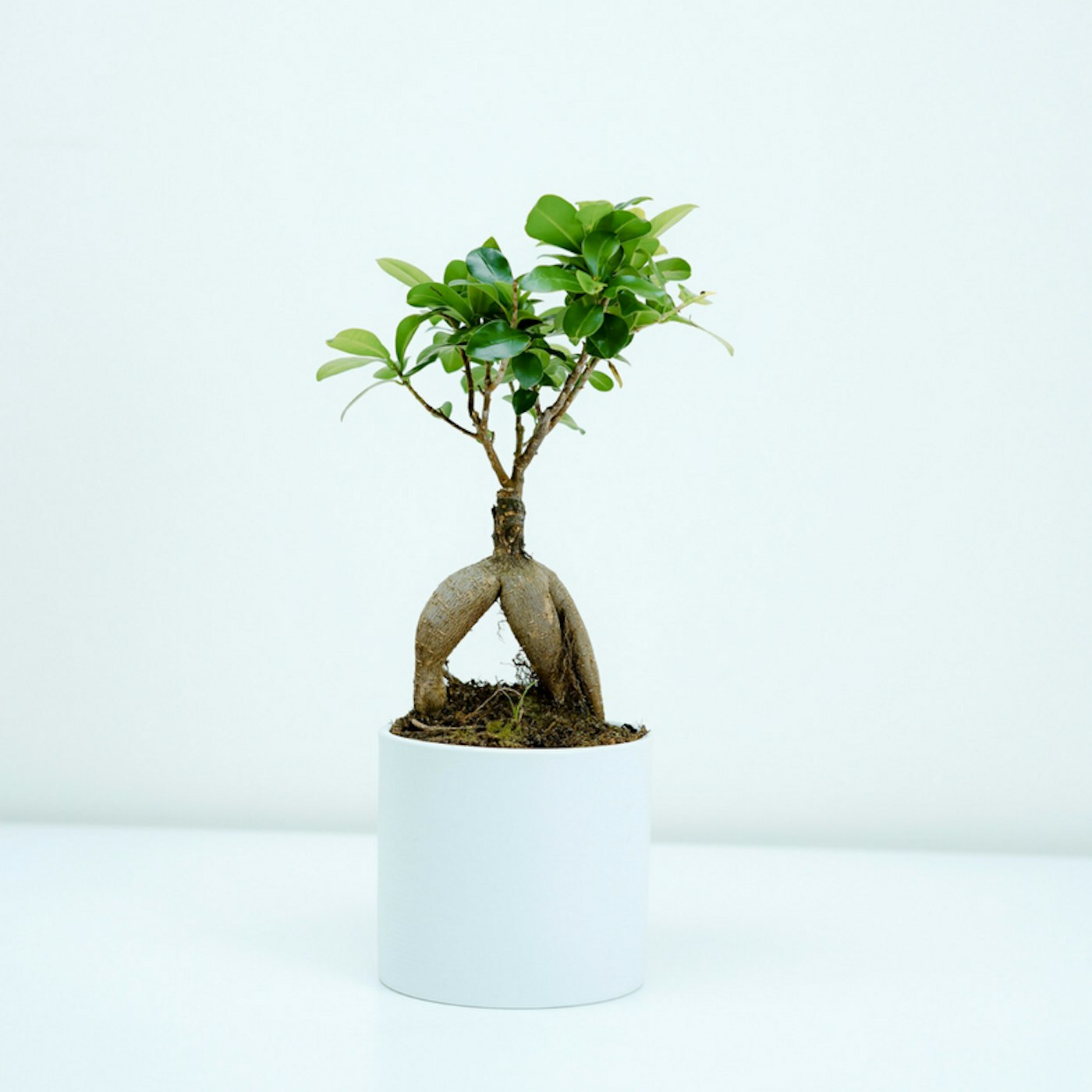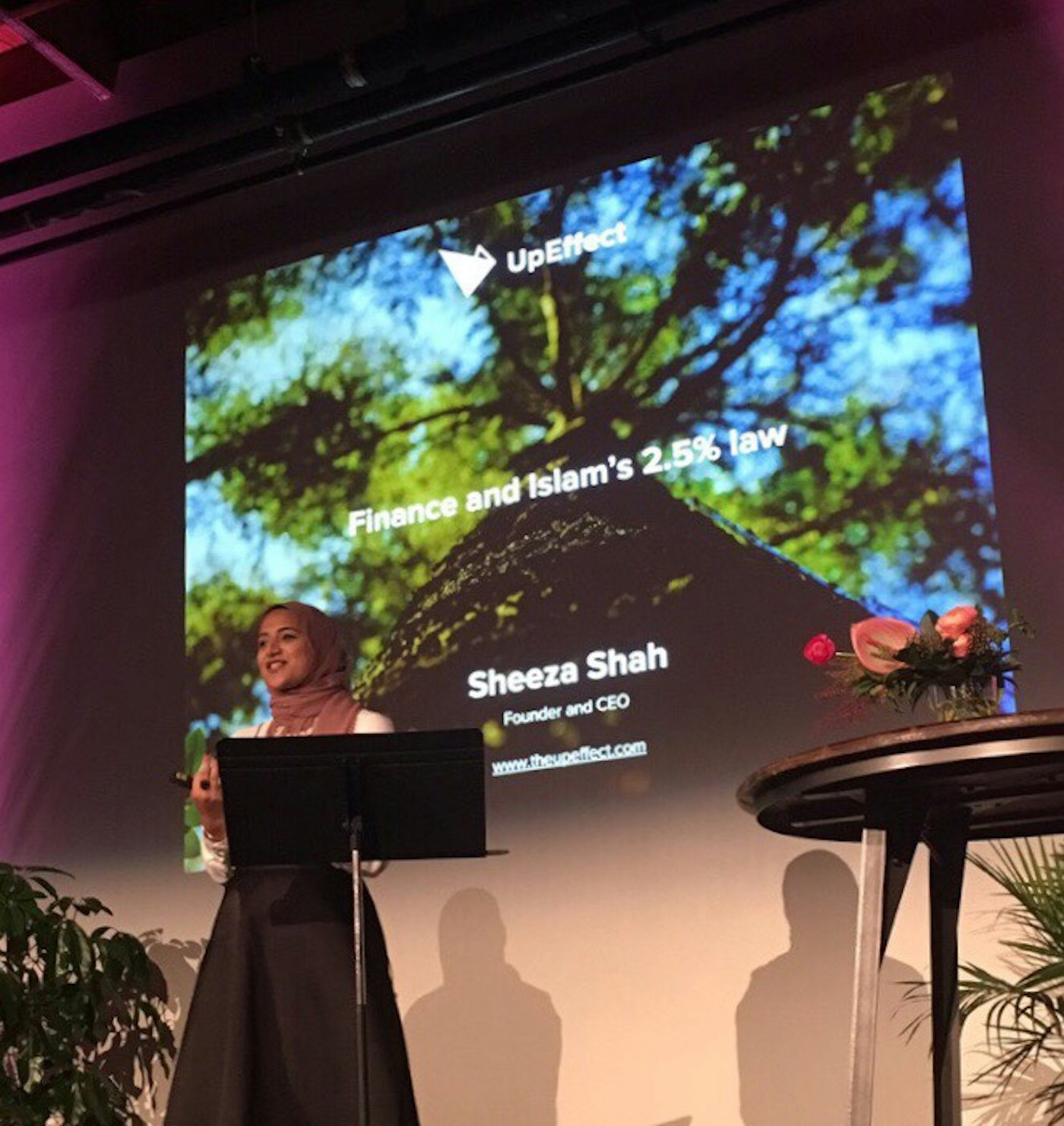

1) What do you do?
I’m a Founder and CEO of UpEffect, a crowdfunding and support platform for companies dedicated to improving lives and the planet. We founded UpEffect to eliminate the biggest problems plaguing the $2B crowdfunding industry: low success rates and harmful products. Our entrepreneurs are driven not by how much money they can make, but how many lives they can impact. Using crowdfunding as our foundation, our team offers entrepreneurs hands-on support to launch their campaigns, ensuring that our social-good companies are primed for success which has led to our 100% funding success rate.
2)How does UpEffect help smaller organisations grow?
UpEffect’s customers are businesses dedicated to tackling the world’s greatest challenges. For instance, UpEffect helped Jaan Pakistan raise £16,399, enabling this small business to develop the first commercially-available solar cookstove for rural Pakistan designed to prevent respiratory illnesses. While social entrepreneurs are frequently drowned out by one-offs and sensational stories on larger platforms, UpEffect gives them the center stage and helps them “build a crowd.” In stark contrast to Kickstarter and Indiegogo, UpEffect uses industry best-practices and personalised support services to actively help companies run successful campaigns. This is especially important for social entrepreneurs who have powerful ideas but don’t know where, when, and how to begin. In September 2017, UpEffect also became the first crowdfunding platform to offer the choice of 200 currencies to campaign owners as well as backers, marking the first step towards a truly international crowd. UpEffect’s transformative support model is getting social enterprises overfunded. One of UpEffect’s companies, Thraedable , is using clothes as a medium to tell stories of migrants and refugees. They have organised art workshops throughout the world, and have turned these art pieces into an eco-friendly fashionable clothing line. By taking on only a small percentage of companies that apply to UpEffect, the team is able to help companies like Thraedable make a meaningful difference in the world.

3) Does UpEffect Support Ethical Fashion brands?
The only fashion brands we support are ethical fashion brands. Before crowdfunding on our platform, companies undergo a due diligence process in which we compare the supply chains of our companies against key fair trade and environmental standards. Two companies we’re proud to have see funded through UpEffect include AmaElla and Thraedable — both introducing slow fashion and environmentally-friendly clothing options. We’re excited to be working with a number of ethical fashion brands using business as a force for good and hope to see many more build transparent supply chains.In honor of #FashionRevolutionWeek UpEffect will be providing a free 1-hour business development and marketing call to any and all ethical fashion brands. Take 1 min to fill out the form on this page and we’ll be in touch.
Related
Want to hear how it all began? ‘Life before Amaliah…’ over on our podcast, Amaliah Voices
Ethical Brand Nindyaa bedsheets in conversation with Busra Qadir
4) What made you more conscious when consuming?
The True Cost and Minimalism – both documentaries were eye openers for me and helped me understand the impact of consumerism on our people and our planet. I watched both of these in early 2016 and since then I have made a conscious decision to use the things I own and limit my spending to ethical products where possible.
5) What happens when we buy from our favourite retailers for cheaper prices?
What we don’t realise is that we’re actually perpetuating a throwaway culture, the fast fashion industry wants us to buy into to increase their profits. The reason why fashion has become so affordable is because the people making our clothes are also, affordable i.e. they don’t get paid a basic living wage, they are exposed to inhumane conditions and are working in poorly constructed buildings like the Rana Plaza complex that collapsed in 2013 and took the lives of 1,134 garment workers and injured 2,500 more. Garment workers in Bangladesh get paid £44 a month on average. The lives of these workers are virtually meaningless to these brands and they are being used as pawns in a rat race to increase profits in a competitive industry. Beyond the unethical standards of this industry, it’s also one of the most polluting industries after oil. The processing of raw materials requires large amounts of energy and 2,700 litres per single t-shirt, using petrochemicals, polyester, and nylon which are all non-biodegradable – unsustainable by design. During manufacturing, nylon emits a large amount of nitrous oxide and the impact of one pound of nitrous oxide on global warming is almost 300 times that of the same amount of carbon dioxide. Fashion revolution shines a light on all brands and encourages them to talk about their supply chain. It’s a great initiative pushing for transparency and asking them to answer important questions like who is making our clothes? How are they making our clothes? what materials do they use? How much water do they waste? Are the workers working in humane healthy conditions and being paid fairly? What chemicals are involved? It helps consumers like us, decide which brands to support and under how they’re prioritising human rights and environmental standards.
6)What can people do to consume less?
Live with less. Something that has helped me beat my lifelong habit to purchase everything in sight was to ask myself two simple questions before making a purchase, “do I really need this product and will this purchase make me happy?” Materialism and consumption often impede our ability to experience true happiness because we’re frequently turning to our possessions for contentment. I was guilty of this for a long time and shortly after a shopping spree would find myself regretting my foolish purchases. If we look at Islam and it’s guidance on consumption, it’s very much aligned to what today’s minimalists are advocating after centuries of capitalism and destruction. 1,400-year-old Islam teaches us to live a life of moderation, to consume less, to not harm our land or waters and to give more. Living with less, means we’re able to prioritise white space, be creative, reclaim our time, invest in healthy relationships, experience joy, minimize decisions, create more and cherish moments over objects.
7) What is a sustainable solution for people who can’t afford ethical brands?
Tackling poverty starts by vocalising our concerns and utilising our spending power wisely — if we want to solve this problem, we need to become more conscious about what brands we endorse with our wallets. There are 60–75 million people suffering at the hands of companies and you can stop this by:
- Investing in transparent brands that prioritise ethical and environmentally positive conditions in addition to fair wages for their worker
- By asking the right questions, starting with “who made my clothes?”
- Buy less frequently and invest in higher quality and durable products to minimise your environmental impact
- Upcycle clothes
- Buy second-hand clothes e.g. from charity shops
Yes, it’s true that most ethical brands are not affordable but investing in high-quality and durable clothing in the long-run is a lot more affordable than frequently replacing cheap clothes and items. As we invest in more ethical brands, petition lawmakers and boycott unethical brands, our actions will force larger brands to use sustainable and ethical supply chains and therefore bringing down the cost for all brands.
Follow the fantastic work of UpEffect on Instagram.